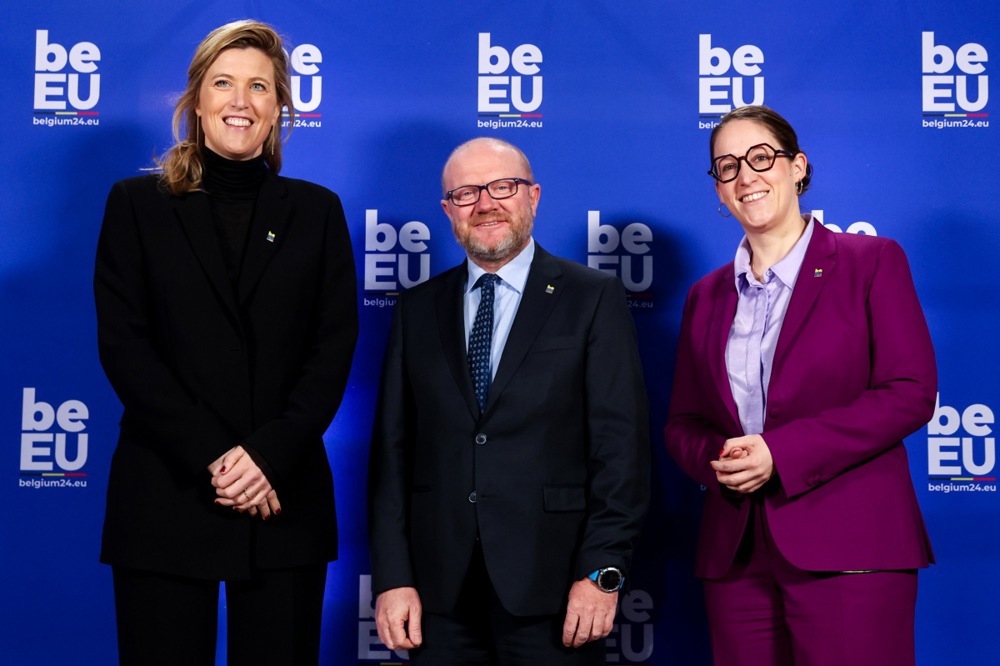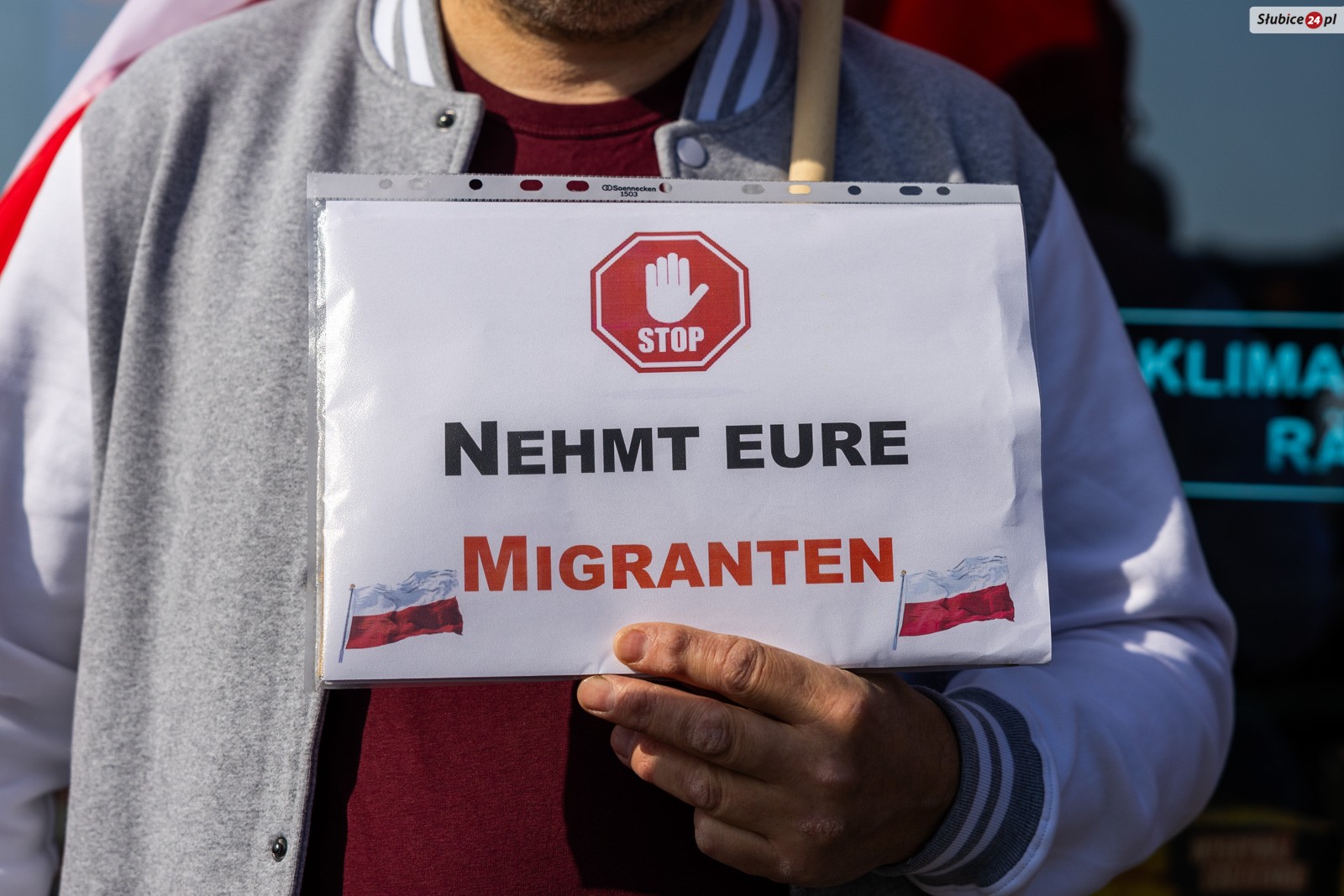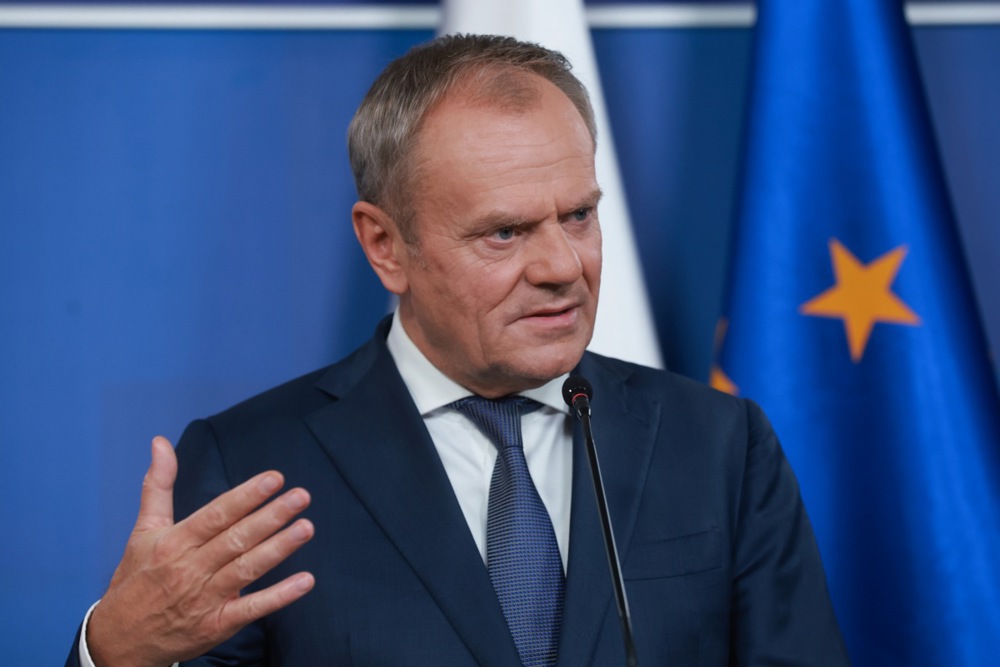Opposition figures from Poland’s Conservatives (PiS) party visited towns on the country’s western border to call on Prime Minister Donald Tusk’s centre-left government to stop Germany returning migrants to Poland and to reintroduce border controls.
The visits by PiS leader Jarosław Kaczyński and other senior figures in the party on weekends during March were used to highlight the impact of Germany’s migration policy which, PiS argued, has led to the transfer of thousands of migrants onto Polish territory.
“This represents a change in our status as a sovereign state. Germany, having their people in positions of power, is doing whatever it pleases. They are entering our territory,” Kaczyński said on March 29 at a press conference in the border town of Słubice. He was referring to incidents of German police allegedly transporting migrants into Polish territory.
“Not long ago, this was a sovereign State that protected its borders. A State into which foreign police officers could not enter without any oversight.”
“A State that fulfilled its duties. But all that changed with the arrival of the Tusk government. It is uncertain whether we remain a sovereign State or whether we are ceasing to be one,” said Kaczyński.
The PiS leader attacked German migration policies as being irresponsible and harmful for Poland.
“The Germans made foolish decisions and now we are the ones who are supposed to pay the price. It was the German chancellor who invited migrants and now they are to be relocated to Poland. This cannot be accepted; this must be changed,” he insisted.
Kaczyński added that information about what was occurring around Poland was picked up by the German media.
“From them, we learn that we are dealing with covert relocations of migrants between Germany and those who border Germany. These relocations, which are being carried out in secret, constitute yet another scandal,” he said.
“We are witnessing violations of the law, including human rights violations. But in this case, it is also a violation of our nation’s right to a peaceful, normal life,” claimed Kaczyński.
The leader of the PiS parliamentary caucus Mariusz Błaszczak in a post on X called for government action, so that “the residents of western Poland could regain their sense of security”.
“I appeal to the government not to be afraid of the Germans. Issue a firm veto and stop the actions of the German services. Poland must be safe,” he said.
On March 28, German daily Die Welte revealed what it claimed was a “secret plan” by Friedrich Merz, the leading candidate to become the next chancellor, to urge key neighbouring countries to get involved in the process of returning refugees.
According to the report, “secret talks are already underway with Poland, the Czech Republic, Austria, Switzerland, and France”. It went on to claim that the aim of the alliance was to “limit migration and implement systematic returns at the borders” and that Tusk’s moratorium on asylum claims on the border with Belarus fitted into German plans.
The Tusk administration refuted Kaczyński’s statements, saying that according to the Dublin Regulation, Germany had the right to return those refugees who arrived illegally from Poland.
It added, though, that Poland had now tightened up the border with Belarus through which many of them came, while refusing to countenance restoring checks on the border with Germany, claiming that would act as a barrier to the interests of Polish traders.
The Polish Government has suspended processing asylum claims on the Belarusian border and has gone on record as saying it would not accept any migrants under the auspices of the EU Pact on Migration and Asylum. It said that was because Poland had already dealt with a wave of Ukrainian and Belarusian refugees due to the political and military situation in those two countries.





